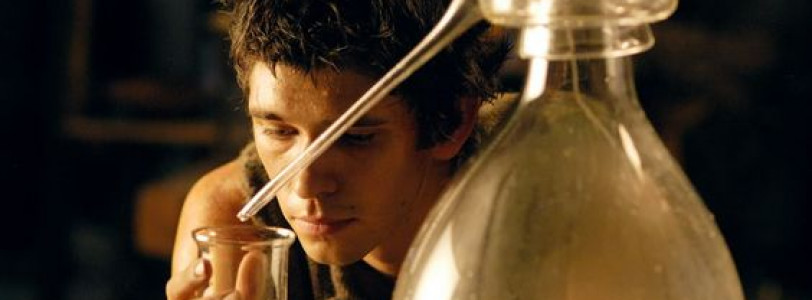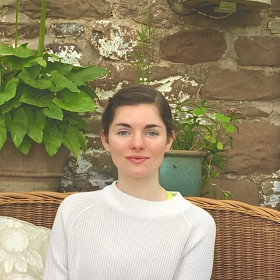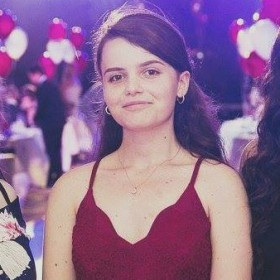Perfume: The Story of a Murderer.
Tom Tykwer’s 2006 film ‘Perfume’ brings to life the 1985 novel by Patrick Süskind, which tells the story of Jean-Baptiste Grenouille, who rises from poverty by way of his exceptional sense of smell. Set in 1738, our protagonist starts his life’s journey in the rotting outskirts of Paris, orphaned and unwanted. The realisation of his destiny only manifests when he enters central Paris. Newly stimulated by the myriad smells, Grenouille makes a profound discovery, one that sets him on his path to both infamy and oblivion. His olfactory obsession evolves into an ungodly yet devotional mission.
Tykwer’s Gesamtkunstwerk*.
For this film Tykwer acts as director and composer alongside Johnny Klimek and Reinhold Heil. This synergy elevates the film score above its contemporaries. Recorded by the Berlin Philharmonic and conducted by Sir Simon Rattle, the music underpins each pivotal moment within the story, perfectly communicating the subtexts and emotions.
Wherever the orchestra plays sustained, pulseless chords it signifies inspiration, absolute beauty and often comes at a point where Grenouille’s obsession intensifies. By contrast, rhythm or pulse symbolises methodology and learning.
The influence of sacred choral music is evident in the high tessitura, minimal vibrato and undiscernible lyrics, much like the majority of Latin polyphony where the music is to be experienced not understood. The first vocal leitmotif is the ‘B-F#-B-F’ idea that accompanies the appearance of ‘the girl with the plums’. While the clean tone of the soprano communicates the purity of the girl with whom Grenouille is suddenly captivated, the intervals of the melody outline a tritone (augmented 4th), also known as ‘the Devil’s interval’ which generates an air of trepidation.
This challenging film offers an exciting narrative and complete sensory experience, it’s not a feel-good film, but it is a feel-many-things film that stands out as exceptional by means of its powerful and evocative soundtrack. You may not find it an ‘easy watch’ but it I guarantee it will captivate your senses. As usual, the Berlin Phill have delivered nothing but excellence.
*Gesamtkunstwerk - meaning 'total art work' and closely associated with Wagner's approach to his operas, taking charge of many different creative elements of the final outcome.










This is so detailed I feel like I've learnt a lot about the intricacies of film soundtracks! Really want to read the book and watch the film